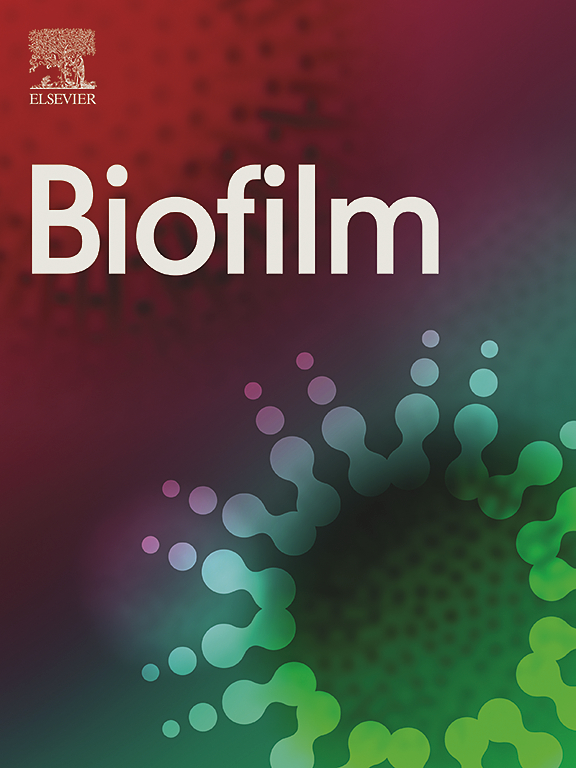Exogenous pyruvate is therapeutic against colitis by targeting cytosolic phospholipase A2
IF 9.4
2区 医学
Q1 BIOCHEMISTRY & MOLECULAR BIOLOGY
引用次数: 0
Abstract
Ulcerative colitis is an idiopathic, chronic inflammatory bowel disease. Its pathogenesis is multifactorial involving inflammation and immune dysregulation. Proinflammatory TNFα/NFκB signaling is believed to play a cardinal role in ulcerative colitis. Growing evidence indicates the molecular interactions between the cellular metabolites and different phases of inflammation. This study aims to identify the metabolites that can inhibit TNFα/NFκB signaling and are potentially therapeutic against various TNFα-associated inflammatory diseases, particularly inflammatory bowel diseases. We performed in vitro and in vivo screening of cellular metabolites to inhibit TNFα/NFκB signaling. Multiple confirmation assays, including NFκB translocation, quantitative real-time PCR, ELISA, immunofluorescence staining, and RNA sequencing analysis were executed. Drug affinity-responsive target stability assay with proteomics was utilized for target identification. cPLA2 ablated mice with dextran sodium sulfate-induced colitis were employed to assess pyruvate's dependence on its molecular target in attenuating ulcerative colitis pathogenesis. Metabolite screening and subsequent validation with multiple approaches led to the isolation of pyruvate, a glycolytic metabolite, and a critical node in several metabolic pathways, as a novel inhibitor of TNFα/NFκB signaling. Importantly, pyruvate suppressed inflammation, preserved colonic histology, maintained tight junction proteins, and regulated permeability in the ulcerative colitis model. Additionally, cPLA2 was identified as a previously unknown target of pyruvate and pyruvate largely lost its therapeutic effects against ulcerative colitis in cPLA2-deficient mice. Conclusively, this study not only unveils pyruvate as an antagonist of TNFα/NFκB signaling and therapeutic intervention against colitis but also provides mechanistic insight into the mode of action of pyruvate.
外源性丙酮酸通过靶向胞质磷脂酶A2治疗结肠炎
溃疡性结肠炎是一种特发性慢性炎症性肠病。其发病机制是多因素的,涉及炎症和免疫失调。促炎TNFα/NFκB信号被认为在溃疡性结肠炎中起重要作用。越来越多的证据表明,细胞代谢物与炎症不同阶段之间的分子相互作用。本研究旨在确定能够抑制TNFα/NFκB信号传导的代谢物,并可能治疗各种TNFα相关的炎症性疾病,特别是炎症性肠病。我们在体外和体内筛选了抑制TNFα/NFκB信号传导的细胞代谢物。包括NFκB易位、实时荧光定量PCR、ELISA、免疫荧光染色和RNA测序分析等多种确认试验。利用蛋白质组学的药物亲和反应靶标稳定性测定法进行靶标鉴定。采用cPLA2消融小鼠右旋糖酐硫酸钠诱导结肠炎,评估丙酮酸对其分子靶点的依赖性,以减轻溃疡性结肠炎的发病机制。代谢物筛选和随后的多种方法验证导致分离丙酮酸,糖酵解代谢物和几个代谢途径的关键节点,作为TNFα/NFκB信号传导的新型抑制剂。重要的是,在溃疡性结肠炎模型中,丙酮酸抑制炎症,保存结肠组织学,维持紧密连接蛋白,调节通透性。此外,cPLA2被确定为丙酮酸的一个未知靶点,而丙酮酸在很大程度上失去了对cPLA2缺陷小鼠溃疡性结肠炎的治疗作用。总之,本研究不仅揭示了丙酮酸作为TNFα/NFκB信号的拮抗剂和对结肠炎的治疗干预,而且还提供了丙酮酸作用模式的机制见解。
本文章由计算机程序翻译,如有差异,请以英文原文为准。
求助全文
约1分钟内获得全文
求助全文
来源期刊

Genes & Diseases
Multiple-
CiteScore
7.30
自引率
0.00%
发文量
347
审稿时长
49 days
期刊介绍:
Genes & Diseases is an international journal for molecular and translational medicine. The journal primarily focuses on publishing investigations on the molecular bases and experimental therapeutics of human diseases. Publication formats include full length research article, review article, short communication, correspondence, perspectives, commentary, views on news, and research watch.
Aims and Scopes
Genes & Diseases publishes rigorously peer-reviewed and high quality original articles and authoritative reviews that focus on the molecular bases of human diseases. Emphasis will be placed on hypothesis-driven, mechanistic studies relevant to pathogenesis and/or experimental therapeutics of human diseases. The journal has worldwide authorship, and a broad scope in basic and translational biomedical research of molecular biology, molecular genetics, and cell biology, including but not limited to cell proliferation and apoptosis, signal transduction, stem cell biology, developmental biology, gene regulation and epigenetics, cancer biology, immunity and infection, neuroscience, disease-specific animal models, gene and cell-based therapies, and regenerative medicine.
 求助内容:
求助内容: 应助结果提醒方式:
应助结果提醒方式:


